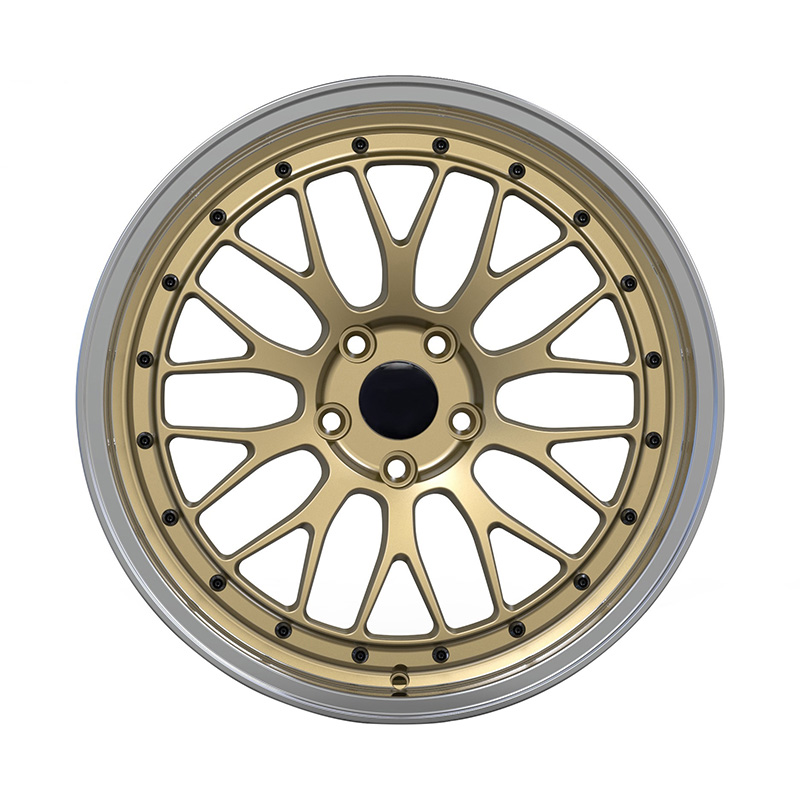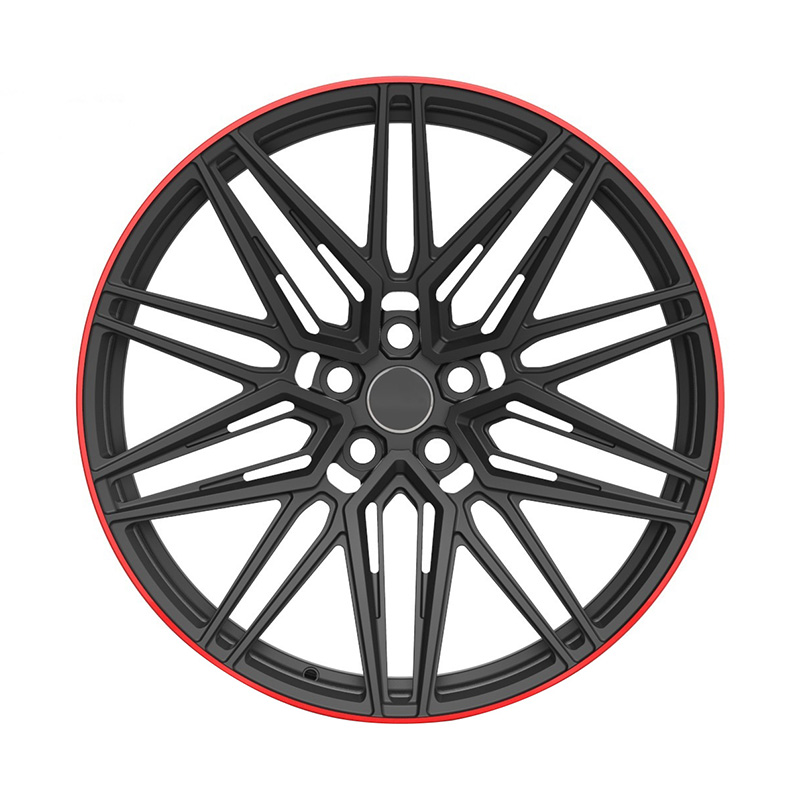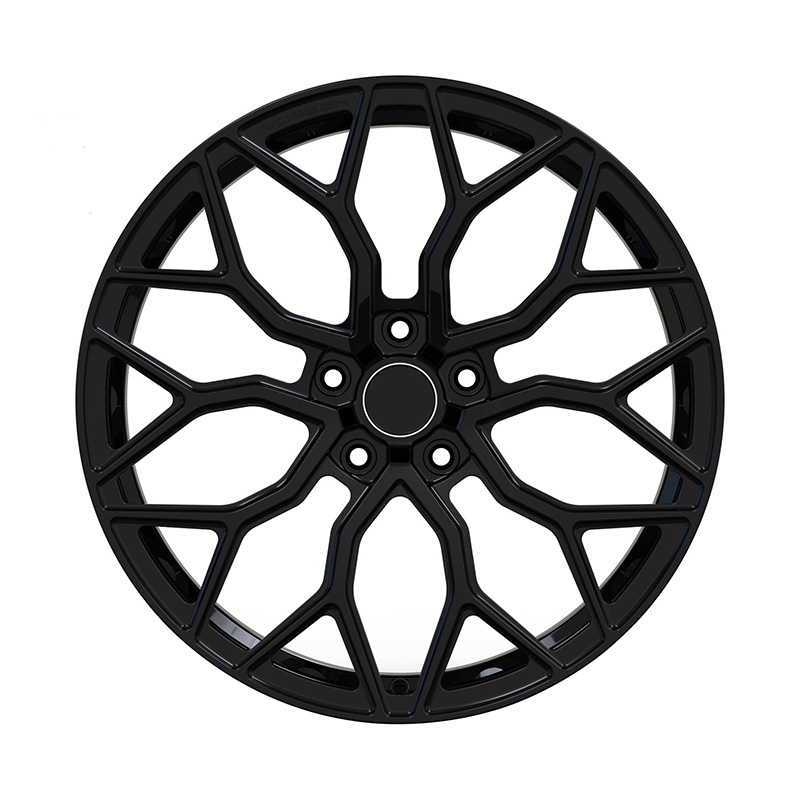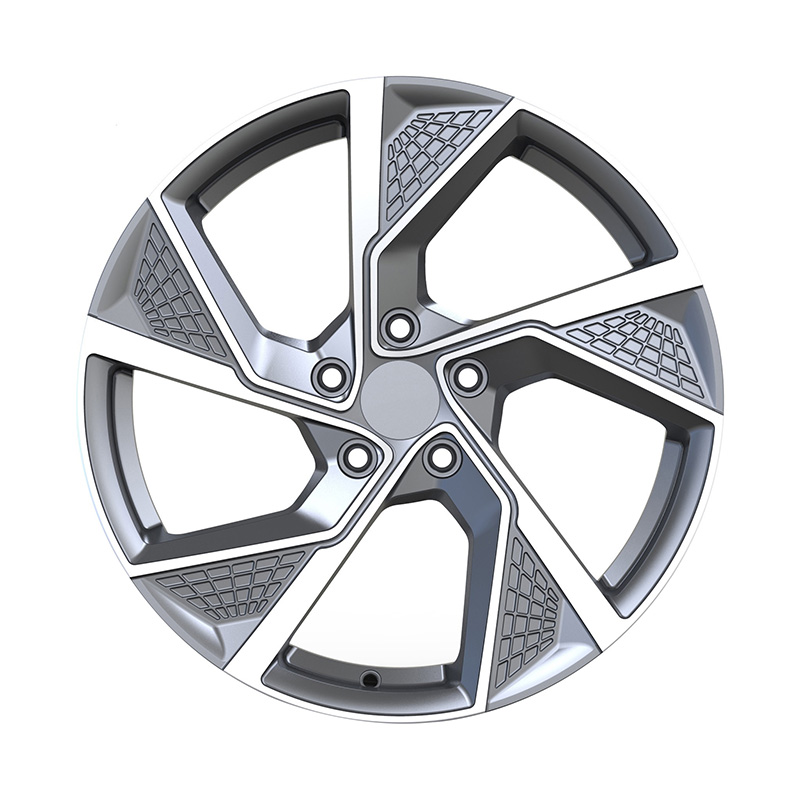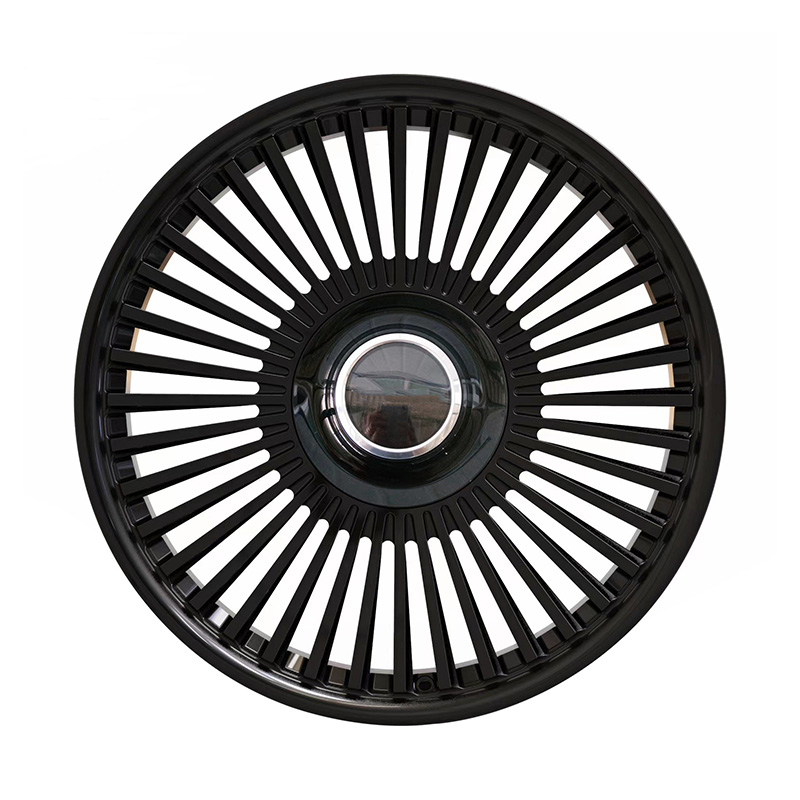
Submit
Submit feedback
The Distinctive Features of Aluminum Alloy Wheels
2025-02-07
High Quality Aluminum Alloy Wheels Factory Exporter Producer
Aluminum alloy wheels factory have emerged as a preferred choice for many vehicle owners and manufacturers due to their unique combination of characteristics. These wheels, crafted from a blend of aluminum and other metals, offer a range of benefits that set them apart from traditional steel wheels.
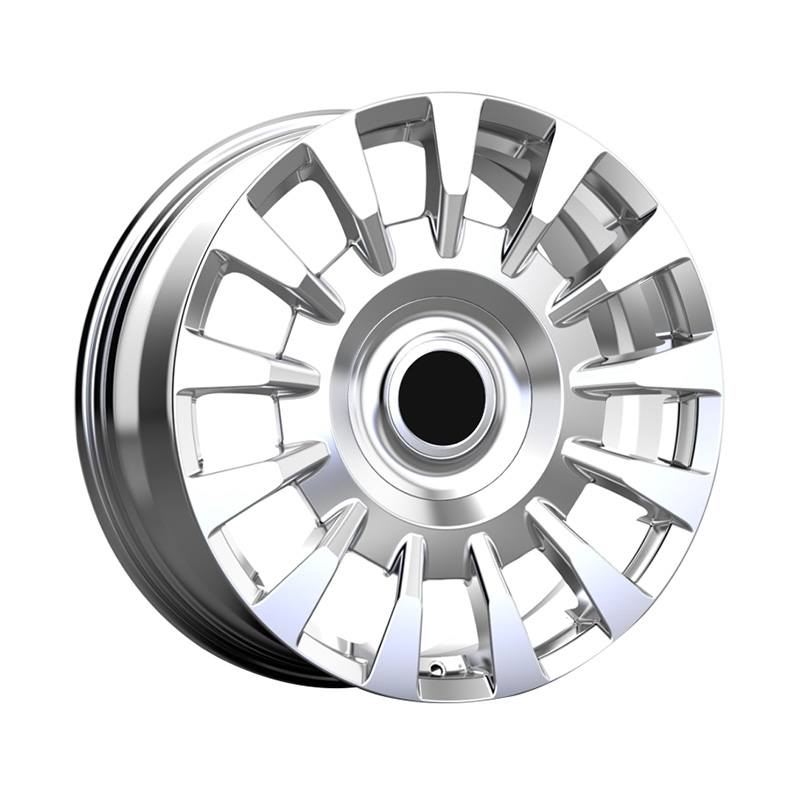
Lightweight Construction
One of the significant features of aluminum alloy wheels is their lightweight nature. Aluminum is a lightweight metal, and when combined with other elements to form an alloy, the resulting material is even stronger and lighter than pure aluminum. This reduction in weight compared to steel wheels can bring about several benefits:
- Improved Fuel Efficiency: Lighter wheels reduce the overall weight of the vehicle, which in turn decreases the energy required to move the car,bring about better fuel economy.
- Enhanced Handling: The reduced unsprung weight (the weight of the components not supported by the vehicle's springs) contributes to improved handling and responsiveness, as there is less inertia for the suspension to manage.
Strength and Durability
Despite their lightweight construction, aluminum alloy wheels are known for their strength and durability. The alloying process involves combining aluminum with other metals such as magnesium, manganese, or silicon, which enhances the material's tensile strength and resistance to wear and tear.
- Resilience to Impact: Aluminum alloy wheels can absorb impacts better than steel wheels, reducing the risk of damage from potholes or debris on the road.
- Longevity: The durability of aluminum alloy wheels means they can withstand the test of time, maintaining their structural integrity and appearance for longer periods.
Heat Dissipation
Aluminum is an conductor of heat, and this property is beneficial in the context of wheel performance. The ability to dissipate heat quickly is particularly important in high-performance vehicles or in conditions where the brakes are heavily used.
- Brake System Protection: By dissipating heat effectively, aluminum alloy wheels can help protect the brake system from thermal stress, potentially extending the life of brake components.
- Tire Performance: Reduced heat buildup can also contribute to better tire performance, as excessive heat can degrade tire compounds and affect grip.
Aesthetic Appeal
The visual appeal of aluminum alloy wheels is another feature that has contributed to their popularity. The material can be finished in a variety of ways, from a simple silver anodized finish to more complex painted or powder-coated designs.
- Customization: The range of finishes and designs allows for greater customization, enabling vehicle owners to express their personal style or match the wheels to the vehicle's overall aesthetic.
- Corrosion Resistance: The protective coatings applied to aluminum alloy wheels can also provide resistance to corrosion, maintaining the wheel's appearance over time.
Manufacturing Precision
The manufacturing process for aluminum alloy wheels often involves advanced techniques such as low-pressure casting or flow-forming, which allow for high levels of precision and consistency.
- Uniformity and Balance: These methods ensure that each wheel is uniform in weight and balance, which is crucial for maintaining vehicle stability and reducing vibration at high speeds.
- Design Flexibility: Advanced manufacturing techniques also allow for more complex and intricate wheel designs, pushing the boundaries of what is possible in wheel aesthetics.
Environmental Considerations
The environmental impact of aluminum alloy wheels is another feature worth considering. Aluminum is highly recyclable, and the production process for aluminum alloy wheels is continuously being improved to reduce energy consumption and emissions.
- Recyclability: At the end of their life, aluminum alloy wheels can be recycled, reducing the demand for raw materials and the environmental impact of mining.
- Energy Efficiency: Modern manufacturing processes are being developed to use less energy and produce fewer emissions, aligning with the growing focus on sustainability in the automotive industry.

 0
0

